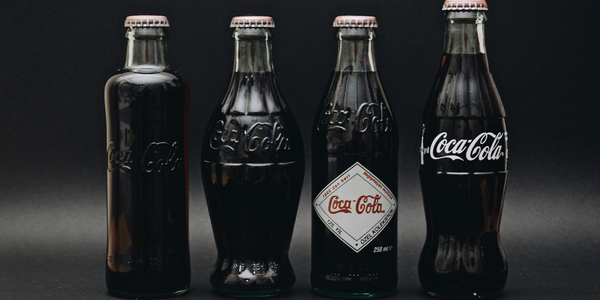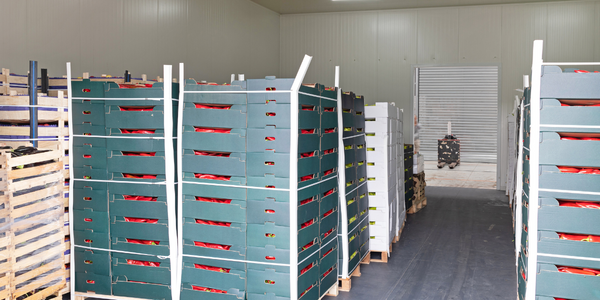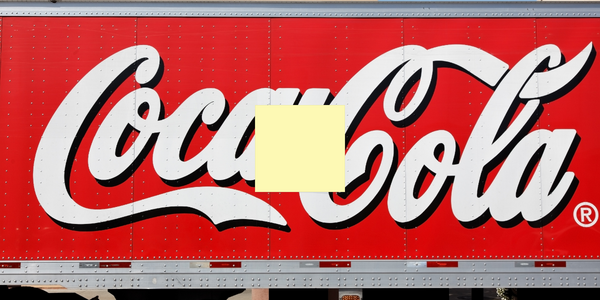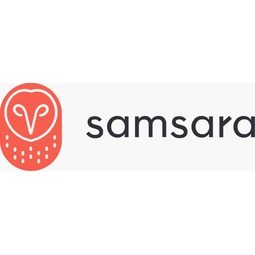技术
- 网络与连接 - 网关
- 传感器 - 相机/视频系统
适用行业
- 教育
- 食品与饮料
用例
- 现场人员安全管理
- 供应链可见性(SCV)
服务
- 系统集成
- 培训
关于客户
Brothers Food Services (BFS) 是德克萨斯州领先的农产品分销商,提供各种农产品、乳制品、特色产品和加工产品。他们在四个主要配送中心提供全方位服务的冷藏服务,这些配送中心的仓储空间总计超过 500,000 平方英尺。 BFS 致力于确保所有运营中员工的安全。该公司需要一个高效的系统来简化事件调查并节省工时,这促使他们在仓库和车队中部署站点可见性。
挑战
Brothers Food Services (BFS) 是德克萨斯州最大的农产品分销商之一,在维护其庞大业务中的员工安全方面面临着重大挑战。 BFS 拥有超过 500,000 平方英尺的仓储空间,分布在四个主要配送中心,因此需要一个能够简化事件调查并节省工时的系统。他们以前的摄像系统既耗时又低效,通常需要几个小时才能找到正确的视频片段以进行事件调查。这种被动的做法不仅耗费大量人力,而且阻碍了他们及时解决安全事故的能力。
解决方案
BFS 在其仓库中部署了站点可视性,以监控其码头、货架、冷却器和停车场。他们还在车队中引入了行车记录仪、车辆网关和环境监视器,以进一步连接他们的运营。选择 Samsara 作为合作伙伴的一个关键原因是能够整合跨站点的摄像机流。现场可视性使 BFS 领导团队能够比较不同地点的码头流程,确保遵循正确的协议,并确定最佳实践。该系统还允许 BFS 在几分钟(而不是几小时)内调查现场事件,从而更快地解决问题。此外,BFS 可以自定义视频权限,让更多利益相关者能够访问相关视频片段,从而改善现场工作流程并减少管理瓶颈。
运营影响
数量效益

Case Study missing?
Start adding your own!
Register with your work email and create a new case study profile for your business.
相关案例.

Case Study
The Kellogg Company
Kellogg keeps a close eye on its trade spend, analyzing large volumes of data and running complex simulations to predict which promotional activities will be the most effective. Kellogg needed to decrease the trade spend but its traditional relational database on premises could not keep up with the pace of demand.

Case Study
HEINEKEN Uses the Cloud to Reach 10.5 Million Consumers
For 2012 campaign, the Bond promotion, it planned to launch the campaign at the same time everywhere on the planet. That created unprecedented challenges for HEINEKEN—nowhere more so than in its technology operation. The primary digital content for the campaign was a 100-megabyte movie that had to play flawlessly for millions of viewers worldwide. After all, Bond never fails. No one was going to tolerate a technology failure that might bruise his brand.Previously, HEINEKEN had supported digital media at its outsourced datacenter. But that datacenter lacked the computing resources HEINEKEN needed, and building them—especially to support peak traffic that would total millions of simultaneous hits—would have been both time-consuming and expensive. Nor would it have provided the geographic reach that HEINEKEN needed to minimize latency worldwide.

Case Study
Energy Management System at Sugar Industry
The company wanted to use the information from the system to claim under the renewable energy certificate scheme. The benefit to the company under the renewable energy certificates is Rs 75 million a year. To enable the above, an end-to-end solution for load monitoring, consumption monitoring, online data monitoring, automatic meter data acquisition which can be exported to SAP and other applications is required.

Case Study
Coca Cola Swaziland Conco Case Study
Coco Cola Swaziland, South Africa would like to find a solution that would enable the following results: - Reduce energy consumption by 20% in one year. - Formulate a series of strategic initiatives that would enlist the commitment of corporate management and create employee awareness while helping meet departmental targets and investing in tools that assist with energy management. - Formulate a series of tactical initiatives that would optimize energy usage on the shop floor. These would include charging forklifts and running cold rooms only during off-peak periods, running the dust extractors only during working hours and basing lights and air-conditioning on someone’s presence. - Increase visibility into the factory and other processes. - Enable limited, non-intrusive control functions for certain processes.

Case Study
Temperature Monitoring for Restaurant Food Storage
When it came to implementing a solution, Mr. Nesbitt had an idea of what functionality that he wanted. Although not mandated by Health Canada, Mr. Nesbitt wanted to ensure quality control issues met the highest possible standards as part of his commitment to top-of-class food services. This wish list included an easy-to use temperature-monitoring system that could provide a visible display of the temperatures of all of his refrigerators and freezers, including historical information so that he could review the performance of his equipment. It also had to provide alert notification (but email alerts and SMS text message alerts) to alert key staff in the event that a cooling system was exceeding pre-set warning limits.

Case Study
Coca-Cola Refreshments, U.S.
Coca-Cola Refreshments owns and manages Coca-Cola branded refrigerators in retail establishments. Legacy systems were used to locate equipment information by logging onto multiple servers which took up to 8 hours to update information on 30-40 units. The company had no overall visibility into equipment status or maintenance history.



